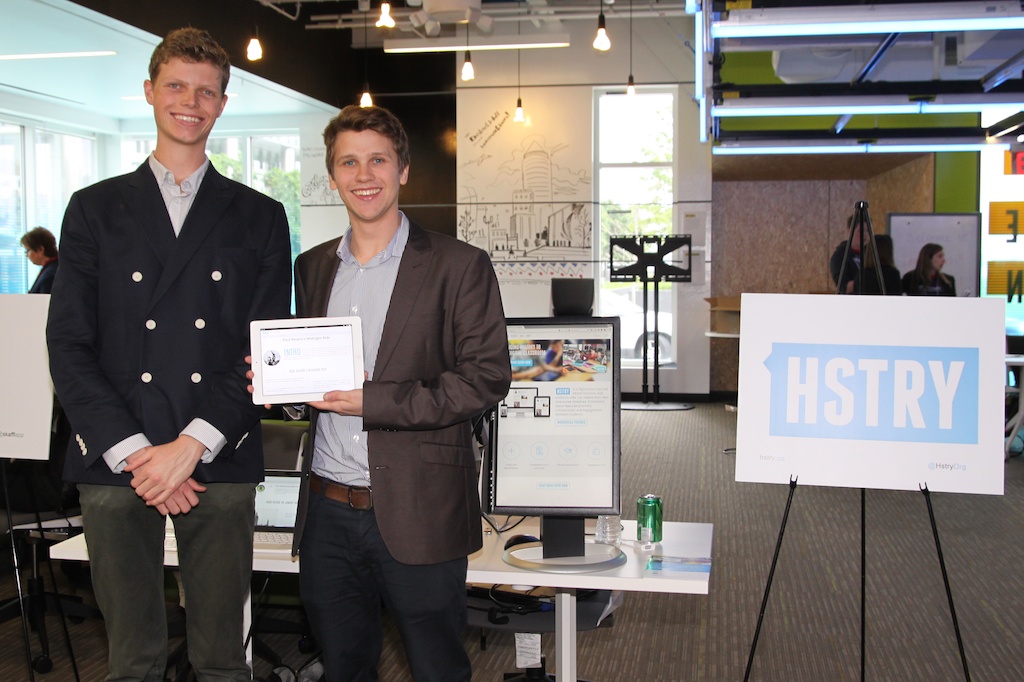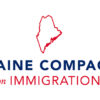Immigrant from Belgium Brings Innovation to American Classrooms, May Have to Return Home
Date: June 26, 2014

Thomas Ketchell, the founder of a promising startup aiming to bring technology into the elementary school classroom, received a prestigious invitation to join an accelerator in America. Much to his frustration, he has been unable to get a work visa so he can work in the country more permanently.
Thomas Ketchell has always had a nose for a good business opportunity. A native of Belgium, he left his home country shortly after he received his undergraduate degree and travelled to Kenya, where he ultimately created a renewable energy startup that provided clean gas derived from cow dung. Years later, while Ketchell was working in social networking in Beijing, he sensed another opportunity. “Everyone would say the air pollution in the city couldn’t be as bad as it was made out to be,” Ketchell says, “but I thought it was worse.” To bring attention to this issue, he created a fictional character who woke up one morning in 1952 in London, during the height of that city’s pollution epidemic. For several days, the character “live tweeted” a historical period in the United Kingdom when 12,000 people died in 60 days due to exposure to toxic smog.
Ketchell’s pollution project got picked up widely in the British press, and he decided the approach had the potential to help students better understand history. “A lot of money goes into improving students abilities in reading and math, but much less so in history,” he says, “I really think there is a great opportunity here.” Ketchell returned to Belgium in April 2013 and started a company, HSTRY, which creates interactive social-media style timelines documenting historical events. Ketchell says students in London and the Netherlands responded incredibly positively to the program. “We could see the metrics,” Ketchell says, “students were revisiting our timelines at home, engaging with the product in ways beyond the classroom.”
But Ketchell felt his company’s success would be limited in Europe. While America is home to 50 million tablet computers (10 million in education), his home country of Belgium has just 1,200 in education. He also knew that there was far more funding available for innovative education startups in America. “We worried if we stayed in Europe for six more months to a year, we would fold for lack of resources,” he explains. So late last year, Ketchell applied to a tech and education focused innovator called LearnLaunchX based in Boston. He was accepted in January.
Despite his acceptance, however, Ketchell has been unable to secure a work visa that would allow him to settle and work in the U.S. for the longer term. Ketchell has come to the U.S. several times on a tourist visa, and he has received positive feedback from his mentors at the accelerator and potential investors. LearnLaunchX has also helped him find 270 U.S. schools interested in trying out his program in their classrooms; the first school, an elementary school in Brookline, Massachusetts, began a trial of the program in May of this year. With a shortage of U.S. high-skilled visas and no formal start-up visa for entrepreneurs, however, Ketchell worries he may have to return to Europe, running the company he is so passionate about from afar. “I’ve known many Europeans forced into this situation,” he says, “And it’s not a good one.”
As someone who has lived in many countries, Ketchell says that he thinks the U.S. visa situation doesn’t make much sense. “It’s amazing how much stress the system has put on us, given that we’re trying to come to the U.S. to create jobs and opportunities for U.S. students,” he says, “It’s something you have to constantly think about; how you’ll find a way to come back to the U.S. on a more permanent basis.” For now, Ketchell’s firm is still contributing to the U.S. economy: This summer, he offered two paid internships to American college students, and he plans to hire five U.S. employees by the end of the year.


